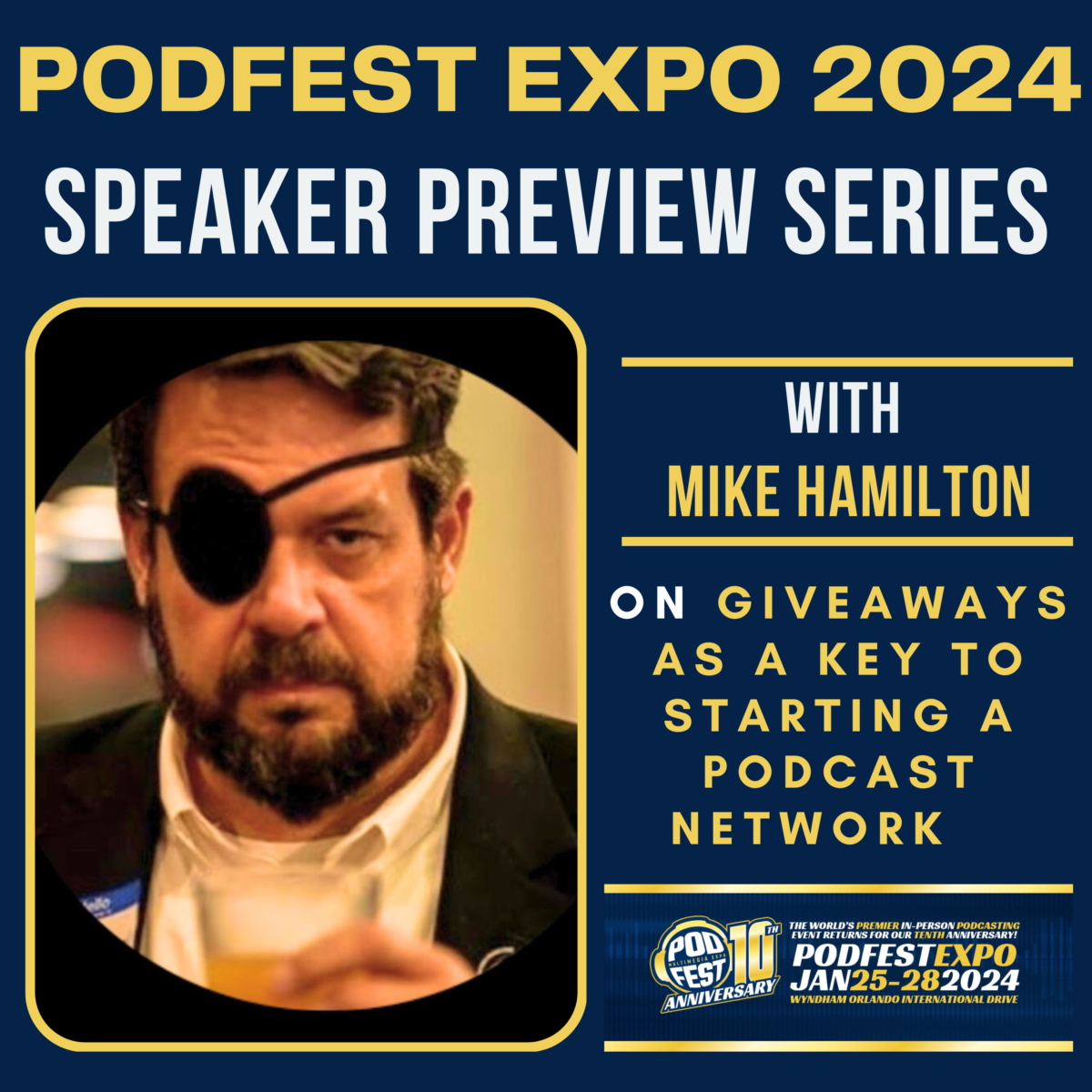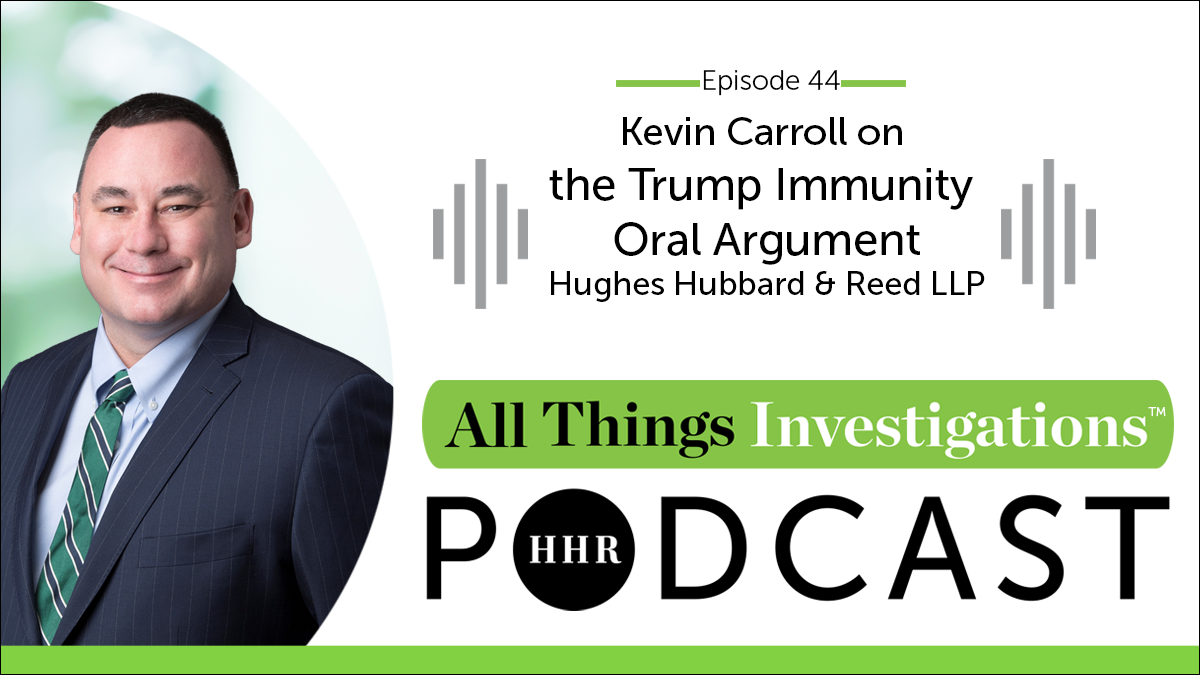We continue our exploration of the Foreign Corrupt Practices Act (FCPA) enforcement involving the German software company, SAP. The company agreed to pay the Department of Justice (DOJ) and Securities and Exchange Commission (SEC) approximately $222 million in penalties and disgorgement. SAP also entered into a three-year deferred prosecution agreement (DPA) with the Department of Justice imposing a $118.8 million criminal penalty and an administrative forfeiture of $103.4 million. Today we look at SAP’s compliance program requirements for third parties, the Box Score of corruption, the corrupt agents and the bribery schemes used across the globe by SAP.
The Box Score
The breadth and scope of SAP’s illegal conduct was simply stunning, literally running across the globe. For those not keeping scoring at home, I put together a Box Score of the location/entity bribed, the amount of the bribe (where reported) and the benefit obtained by SAP. Once again, it was simply stunning.
| Location and Entity Where Bribe Paid |
Amount of Bribe |
Revenue Generated |
| South Africa-Transnet |
$562,215 |
$4.4MM |
| South Africa-Transnet |
$1MM |
$6.58MM |
| South Africa- City of Johannesburg |
$120K |
$13.16MM |
| South Africa-Eskom |
$5.18MM |
$28.58MM |
| South Africa-Dept. Water and Sanitation (DWS) |
$527,460 |
$35.4MM |
| Malawi |
Not reported |
$1.1MM |
| Tanzania-Ports Authority
|
Not reported |
$828K |
| Ghana National Petroleum Corporation
|
$400K |
$1.20MM |
| Indonesian Ministry of Communication and Information Technology
|
$67,380 |
$268,135
|
| Indonesian Ministry of Maritime Affairs and Fisheries
|
App. $5000 |
$80,500 |
| Indonesia- PT Pertamina
|
Not reported |
$13K |
| Indonesia- Pemda DKI
|
Not reported |
$383K |
| Indonesia- PT Angkasa Pura I
|
Not reported |
$1.09MM |
| Indonesia- PT Angkasa Pura II
|
Not reported |
$2.53MM |
| Azerbaijan- State Oil Company
|
$3000 |
$1.6MM |
| Totals |
Reported in Settlement Docs-$7.8 |
Reported by DOJ-$103,369,765 |
SAP Policies and Procedures
SAP used third parties, monikered as Business Development Partners (“BDPs”), which were eligible to earn commissions for SAP sales on which they assisted. Moreover, as noted in the SEC Order, “SAP’s internal policies and procedures for working with third parties required employees to conduct due diligence to assess risk and ensure: (1) That a third party had no relations (as a family member) to the SAP customer or a potential customer, and (2) That the third party was not a government official, government employee, political party official or candidate, or officer or employee of any public international organization or an immediate family member of any of these. In addition, with respect to BDPs, all sales commission contracts had to be in writing and clearly define the services to be provided and the related business and payment terms.”
SAP’s internal controls went on to require its subsidiaries and employees were “to use a model agreement that included standard commission rates and to follow a standardized internal approval process, which required the involvement and approval of the local legal department or compliance officer, the subsidiary’s local managing director, and its local chief financial officer. In cases where a BDP agreement required non-standard terms, regional management had to provide additional approvals. The policy documents explicitly state that they were put into place to ensure that no relationship with a third party would be used to inappropriately influence a business decision or pay bribes to government officials.”
The Corrupt Agents
In the corruption involving the South African entity Transnet, the SEC Order noted that “SA Intermediary 1 ever being present at meetings with Transnet, nor does SA Intermediary 1 appear to have a credible IT background or experience.” Regarding another corruption agent call SA Intermediary 2, it stated, “SAP South Africa paid approximately $1 million in commission fees to SA Intermediary 2, a South African 3D printing firm despite the fact that it provided no tangible services to SAP. SAP South Africa and its employees knew about the red flags relating to SA Intermediary 2’s ownership. The former director of SA Intermediary 2 admitted that the entity had “no expertise” or skills to provide meaningful services on the Transnet deal and also said he had no knowledge of SA Intermediary 2 providing any services. During an SAP-initiated audit of SA Intermediary 2, the third party failed to provide evidence of any services performed.” Indeed the DOJ Information noted that in a 2017 review by SAP in 2017, “revealed that Intermediary 2 had no financial statements (audited or unaudited), had not filed any returns for employee tax purposes, and found no signs of activity at Intermediary 2’s claimed business address.
When it came to Eskom, the SEC Order noted, “SA Intermediary 3, a purported IT consultant on the Eskom project. SA Intermediary 3, however, never performed any services. Instead, SAP South Africa’s Managing Director instructed SAP South Africa employees to perform the consulting work in SA Intermediary 3’s stead and still paid the entity a total of $1.6 million. Notably, officials at Eskom approved these payments despite SA Intermediary 3’s absence on the project. SAP also retained SA Intermediary 2 to perform vague services on Eskom contracts dated March, 2016 and November 2016 that, as a 3D printing company, SA Intermediary 2 was unqualified to perform. Regardless, SAP South Africa paid SA Intermediary 2 a total of $5.18 million in consulting fees.”
The Bribery Schemes
The thing which struck me about the bribery schemes was that they were so pedestrian, yet they permeated SAP from 2014-2022. Yet there very pedestrian nature serves not only as a warning for companies and compliance professionals but also as a road map for compliance program monitoring, improvement and remediation. From the very start of the corruption in South Africa, SAP employees began to avoid, evade and violation SAP internal compliance requirements.
- South Africa
In South Africa, in addition to the bribery schemes noted in the section above, where payments were made for non-existence work or services billed by the corrupt agents, “bank records indicate that shortly after the deal closed, SA Intermediary 1 paid $562,215, characterized as “loans,” to an individual known to be involved in making bribe payments.” In SAP’s contract with the City of Johannesburg, the SEC Order noted, “In addition to these cash payments, SAP South Africa paid for trips to New York for government officials in May and September 2015, including the officials’ meals and golf outings on the trips.” The DOJ Information reported that these payments were recorded in SAP books and records as ‘sales commission payments.’ Finally, in the contract involving the DWS, the SEC Order stated, “The local business partners were paid at a 14.9% commission rate, the maximum allowed under SAP policy without approval from the Board. SAP South Africa employees engaged both BDPs at the highest commission percentage allowed, staying under the 15% commission rate so as to avoid the need to obtain higher level approvals, and authorized the payment despite the local partners’ failure to meet deliverables relating to the DWS transactions.” The DOJ Information further noted that the bribe payment was routed through a second corrupt agent, in an attempt to conceal the criminal nature of the bribe.
2. Indonesia
The SEC Order noted that in “Indonesia, Intermediary 1 used fake training invoices to issue payments that created slush funds to pay bribes. Employees at Indonesia Intermediary 1 created shell companies to generate these false expenses. Some of the false invoices generated kickback payments to employees at the Indonesia Intermediary 1, some paid for customer excursions, and others generated cash payments to government officials at state-owned entities.” Next, “Indonesia Intermediary 1 employees, paid for shopping excursions and dining for a BP3TI official and his wife during a June 2018 trip to New York City, in route to attending the 2018 SAP Sapphire Conference in Orlando, Florida.” Additionally travel expenses, gifts, meals and entertainment was paid for by the Indonesian Intermediaries.
3. Azerbaijan
Lastly, in Azerbaijan, a mid-level SAP employee provided improper gifts in December 2021 and January 2022 to multiple SOCAR officials in an effort to close the deal. The SEC Order stated, “Several SOCAR officials received gifts totaling approximately $3,000, well above SAP’s gift limit of $30. Text messages indicate that the employee was rewarding senior officials who supported, and were directly responsible for, approving the pending sale. The employee also prepared a fake Act of Acceptance between SOCAR and an SAP Azerbaijan partner, which she submitted to the SAP contract booking team on February 4, 2022. SOCAR signed the real Act of Acceptance on May 12, 2022. Evidence indicates that the employee was attempting to claim a commission on the deal before her pending promotion to SAP Azerbaijan Managing Director became effective, after which she would not be eligible to earn additional compensation from the sale.”
Once again, the thing that struck me about all these schemes is there is really nothing new, innovative or particularly novel about any of these bribery schemes. It speaks to the basic blocking and tackling which every compliance program needs to engage in at due diligence and then throughout the life cycle of the third-party relationship.
Join us tomorrow where we consider the comeback made by SAP after the investigation began.












